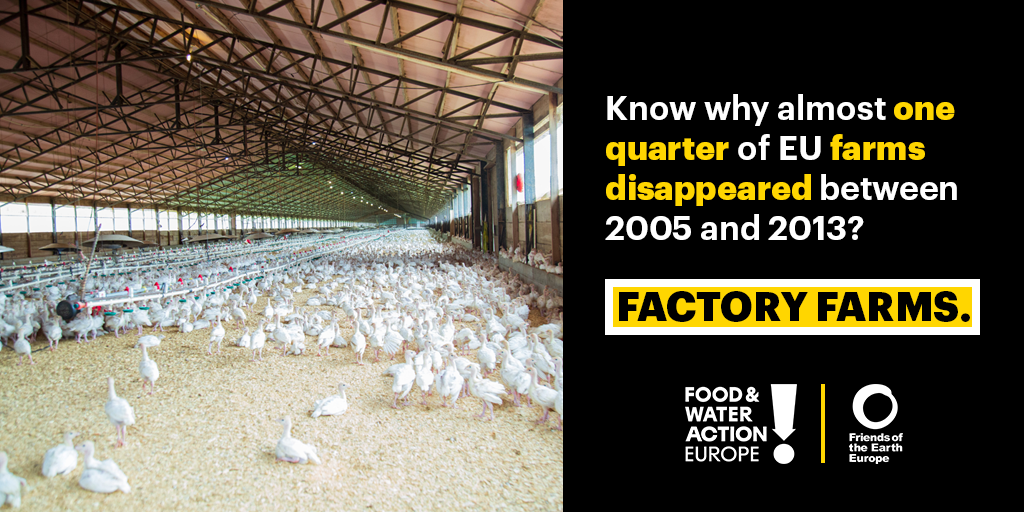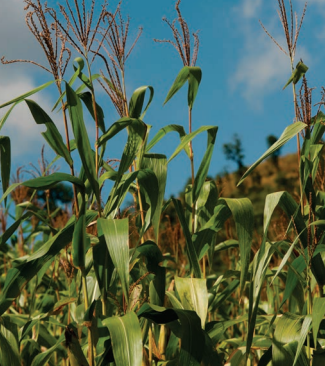En Inglés
Madrid, Bruselas — Treinta y tres eurodiputadas y eurodiputados de seis grupos políticos y once países han remitido hoy una carta [1] al Gobierno español y castellanoleonés para pedir la paralización del proyecto para construir una macrogranja con más de 23.000 vacas en la provincia de Soria [2]. Si este proyecto se lleva a cabo, sería la mayor granja lechera de la Unión Europea y abriría las puertas a un modelo de ganadería industrial importado de EE.UU. que no tiene cabida en Europa.
Una coalición de asociaciones ecologistas, movimientos locales y sindicatos agrarios [3] se opone a este proyecto por sus potenciales impactos sobre la economía rural, el medio ambiente, la población, la calidad del aire y del agua de la zona y el impacto global de la ganadería industrial en el cambio climático.
David Sánchez, portavoz de Food & Water Europe afirmó: “Los gobiernos central y autonómico no pueden permitir que este modelo de ganadería industrial llegue a Europa. Sus impactos en EEUU están ya más que documentados, no ayuda a las zonas rurales y no tiene nada que ver con el modelo de agricultura y alimentación que demandan las personas consumidoras”.
Florent Marcellesi, eurodiputado y firmante de la carta afirmó: “La UE no puede seguir permitiendo la preocupante proliferación de macrogranjas como la de Noviercas que además de convertir a España en el estercolero de Europa, destruyen empleos, nuestra salud, el medio ambiente, el clima y las oportunidades en el mundo rural. Ya hemos llevado esta batalla a Bruselas y desde aquí seguimos trabajando para que la UE apueste cuanto antes por un modelo agroalimentario sostenible, saludable, respetuoso con los animales y que contribuya al desarrollo del mundo rural”
Notas
[1] La carta y el listado de firmantes está disponible aquí.
[2] Más información sobre el Proyecto está disponible en:
Español: https://fweuro.pe/20000ES
Inglés: https://fweuro.pe/20000EN
Francés: https://fweuro.pe/20000FR
[3] La coalición incluye, entre otros, a Greenpeace, Amigos de la Tierra, Ecologistas en Acción, COAG y Food & Water Europe.
Contacto
David Sánchez Carpio, Food & Water Europe, +32 (0) 2893 1045, +34 616206942, dsanchez(at)fweurope.org
Florent Marcellesi, +3222837743, [email protected]




